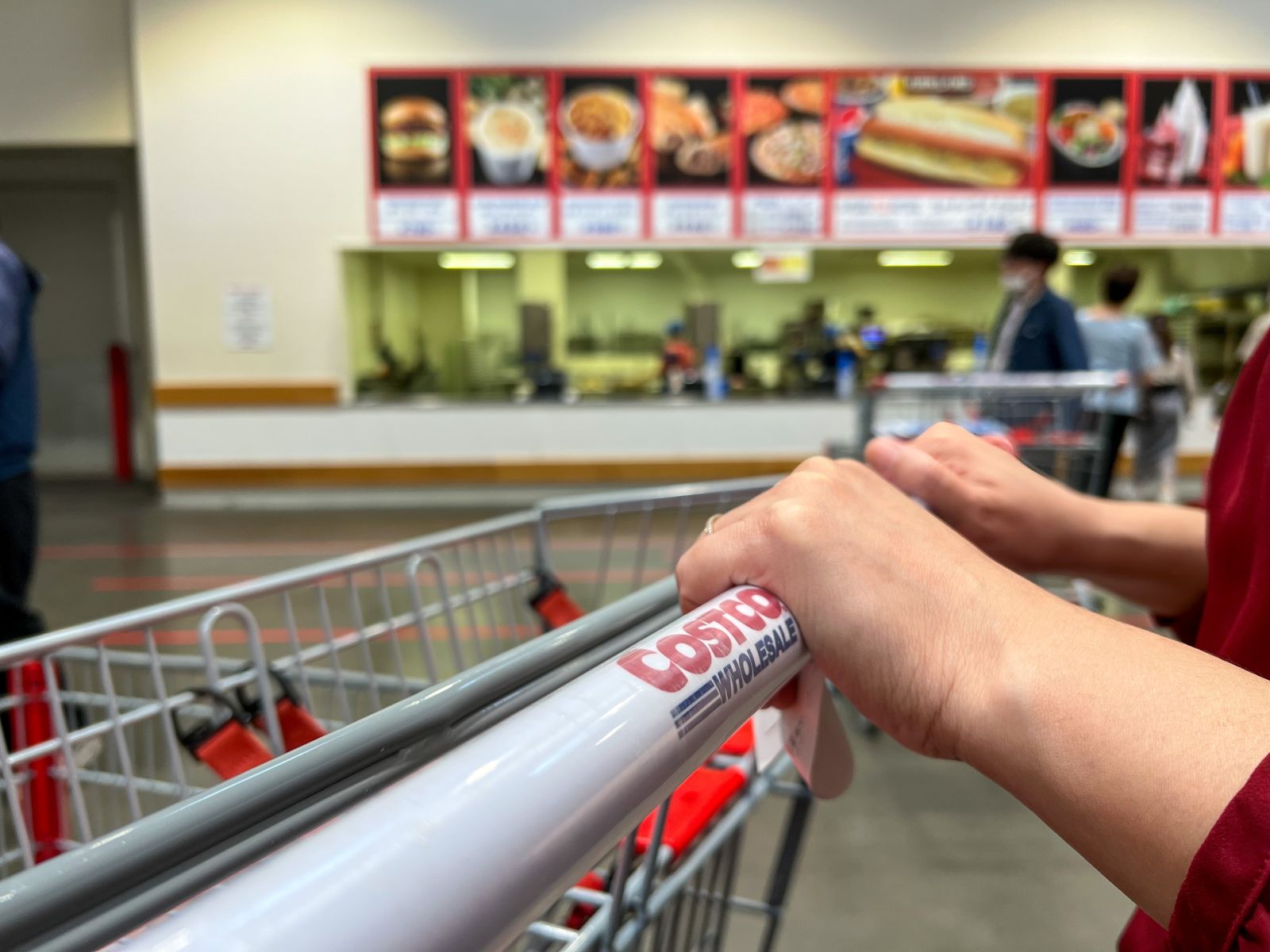
The retail industry has been navigating through some choppy waters, with inflation, supply chain snarls, and geopolitical turmoil adding fresh uncertainty to consumer spending trends. Despite these headwinds, though, shoppers keep surprising the market. July’s retail sales jumped 1%, smashing consensus estimates. On top of that, the U.S. economy beat expectations with a 3% GDP rise in Q2.
In this landscape, Costco Wholesale Corporation (COST) stands out. Known for its unbeatable bulk deals and fiercely loyal customers, the retail giant’s stock has soared in 2024, outpacing the broader market by a wide margin. Most recently, Costco’s impressive August sales report has fueled optimism, with brokerage firm Jefferies backing its Street-high target price post-report.
With a consensus “Strong Buy” rating from analysts and a history of solid dividend payouts, is COST still the best retail stock to buy as it continues its impressive rally?
Let’s take a closer look.
About Costco Stock
Costco Wholesale Corporation (COST) is a retail titan, redefining bulk shopping since 1976. Based in Issaquah, Washington, it has grown into a global force with nearly 900 stores, offering everything from groceries to electronics at unbeatable prices.
With a market cap of $399.1 billion, Costco thrives on its membership-driven model, where shoppers pay for the privilege of scoring major savings. This approach, coupled with the store’s high-quality private-label products, has made Costco a go-to destination, especially during inflationary times when consumers seek out value.
Costco set a new all-time high of $918.93 as recently as Aug. 27, and shares of the retail giant have climbed an impressive 36.5% on a YTD basis, with a staggering 61.2% gain over the past 52 weeks. That outperforms not just the SPDR S&P Retail ETF’s (XRT) returns, but also the broader S&P 500 Index’s ($SPX) very respectable gains over the same time frames.
While Costco’s dedicated customers keep returning for the unbeatable prices, its charm for investors lies in the steady dividends it pays to its shareholders. For nearly two decades, Costco has been a consistent dividend payer, doling out a $1.16 per share quarterly dividend on Aug. 9. This translates to an annualized payout of $4.64 per share.
With a forward yield of 0.52% and a payout ratio of 26.5%, Costco is not only rewarding shareholders, but also retaining plenty of earnings for future growth and stability.
Costco is priced at a premium - trading at 49.76 times forward earnings and 1.57 times sales - but that reflects the market’s confidence in its rock-solid business model.
Sure, it is a bit higher than the industry averages, but Costco’s rock-solid consistency and unwavering customer loyalty make it a magnet for long-term investors seeking dependable performance and steady growth.
Costco's Consistency Amid Retail Challenges
Costco delivered a solid performance in its fiscal third quarter, reported on May 30. The retailer's total revenue surged 9.1% year over year to $58.4 billion, surpassing expectations. Membership fees climbed 7.6% to $1.1 billion, while same-store sales in the U.S. rose 6%, excluding fuel and foreign exchange impacts.
Net profit jumped 29% to $1.7 billion, or $3.78 per share. Over the 36 weeks ended May 12, operating cash flow swelled 14.1% to $8.3 billion, with cash and cash equivalents amounting to $10.4 billion and long-term debt (excluding the current portion) amounting to $5.8 billion.
Costco’s August sales report once again underscored its dominance in retail, as comparable sales rose 5% for the four weeks ending Sept. 1. Net sales jumped 7.1% to $19.83 billion, up from $18.51 billion last year. Following steady growth in June and July, Costco’s bulk-buying model, competitive pricing, and strong customer loyalty have made it a go-to for value-conscious shoppers, cementing its market leadership in a challenging economy.
Within this sales report, Jefferies analyst Corey Tarlowe noted that non-food items like jewelry, gift cards, and sporting goods rose in the low double digits for a third straight month. Food and sundries followed, posting mid-single-digit growth, with cooler and frozen items leading the charge. Fresh food categories, driven by meat and produce, notched high single-digit gains for the second consecutive month.
Costco is anticipated to report its fiscal Q4 earnings on Thursday, Sept. 26, and analysts predict the company’s profit to surge 3.7% annually to $5.04 per share. Its current fiscal year EPS is projected to come at $16.01, up 9% year over year, with forecasts for annual EPS to rise another 10.1% to $17.63 in fiscal 2025.
What Do Analysts Expect for Costco Stock?
After August’s monthly sales report, brokerage firm Jefferies kept a “Buy” rating on Costco shares, and reiterated a price target of $1,050 – also the Street-high target price.
Overall, COST has a consensus rating of “Strong Buy.” Out of 29 analysts in coverage, 19 rate the retail stock as a “Strong Buy,” three advise a “Moderate Buy,” and the remaining seven analysts recommend a “Hold.”
The stock has already surpassed its mean price target of $885.65, while the Street-high target from Jefferies implies a potential upside of 16.6% from current levels.
On the date of publication, Sristi Suman Jayaswal did not have (either directly or indirectly) positions in any of the securities mentioned in this article. All information and data in this article is solely for informational purposes. For more information please view the Barchart Disclosure Policy here.






